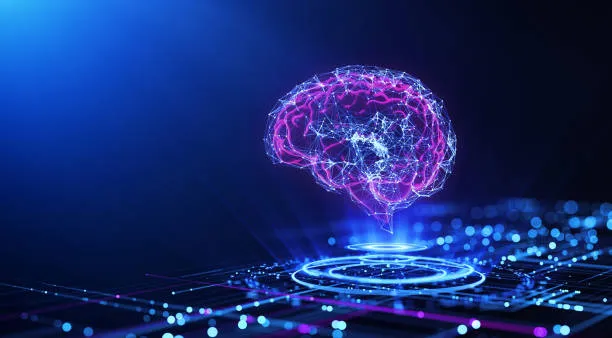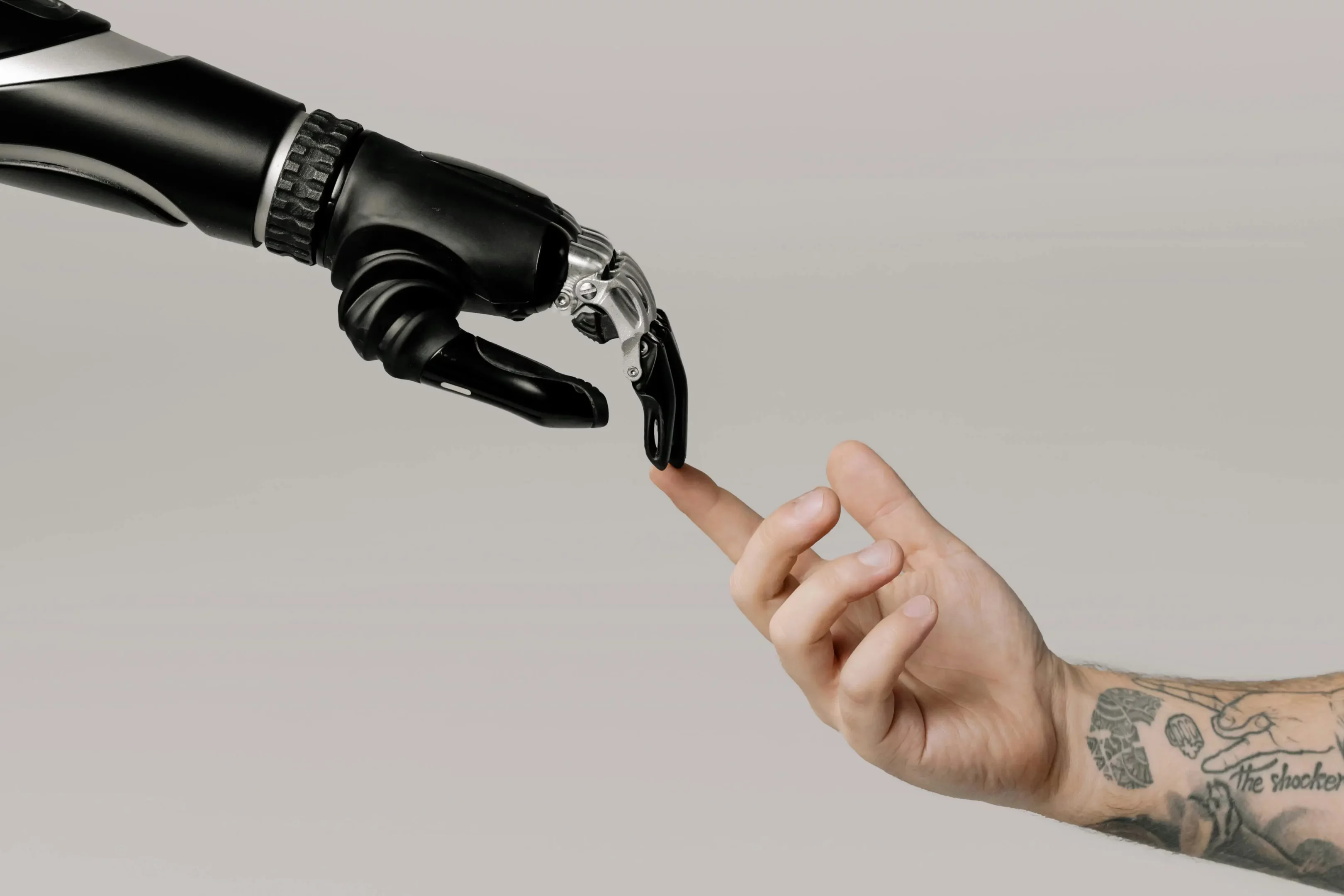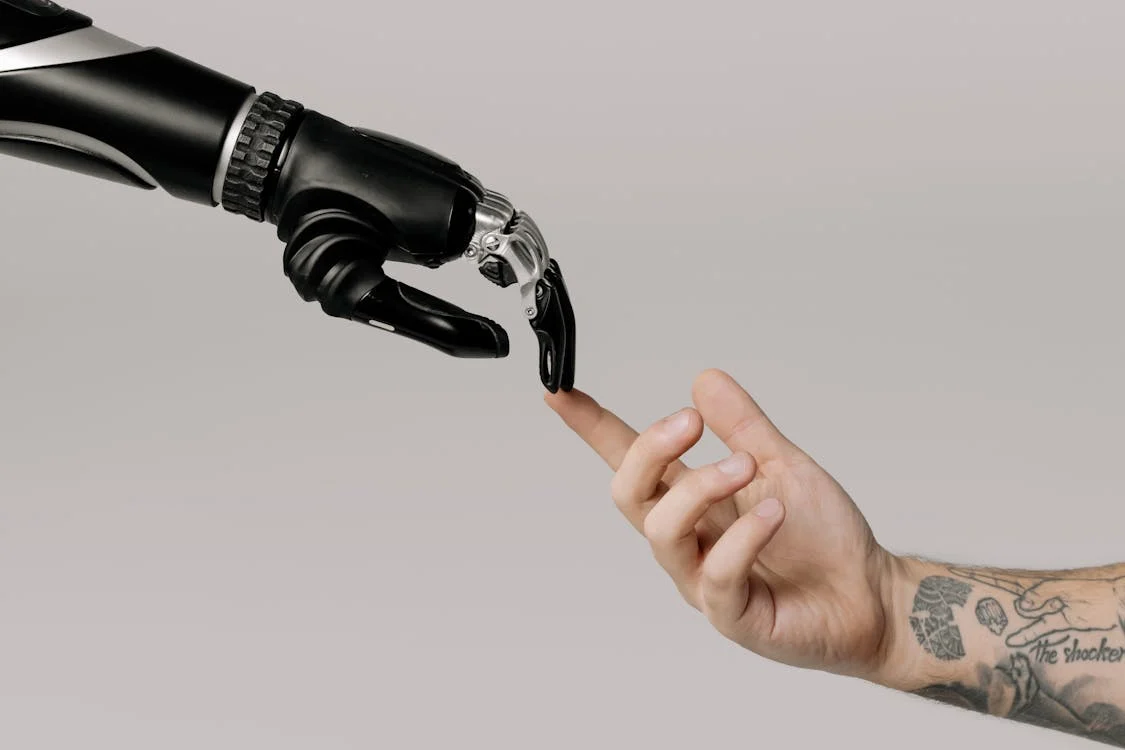- Technology
The AI Era: Where We Are, Latest Releases, and Leading Companies

In recent years, artificial intelligence (AI) has been one of the most dynamic sectors in technology, revolutionizing areas ranging from medicine to digital marketing. New releases are constantly redefining AI’s capabilities, and some companies are at the forefront of this revolution, driving the development of advanced models and automation tools.
In this article, we will explore the latest AI releases and the companies leading this movement, with a special focus on the growing importance of generative AI.
Google DeepMind and Gemini: A New Standard in AI
DeepMind, a Google subsidiary focused on AI research, recently launched Gemini, a model that raises the bar for understanding and interacting with natural language. Gemini stands out by combining deep learning capabilities with a vast database of context and knowledge, enabling richer and more accurate interactions.
One of Gemini’s key innovations is its ability to “self-regulate” in machine learning, adjusting its behavior based on the outcomes it encounters during the learning process. This improves efficiency in tasks such as data analysis and trend forecasting.
OpenAI: GPT Models and the Expansion of Conversational AI
OpenAI continues to dominate the generative AI space with its GPT-4 model, which can produce high-quality text, from technical articles to poetry. GPT-4 has been widely used in customer service platforms, content generation, and even educational environments for the automated creation of teaching materials.
More recently, OpenAI announced improvements to its developer APIs, making it easier to integrate AI across various sectors. The company has also focused on making AI more accessible, offering new tools for small businesses and startups to use advanced models without the need for significant infrastructure investments.
Meta and the Advancement of Multimodal AI
Meta recently launched ImageBind, a multimodal model that combines images, sounds, and text into a single learning interface. This advancement is significant as it enables AI to understand and generate content based on multiple forms of media, opening new possibilities for the digital marketing and content creation markets.
Additionally, Meta is heavily investing in AI applied to the metaverse, creating interactive environments where artificial intelligences can act as avatars or virtual assistants in real time.
Generative AI: The New Frontier of Automated Creativity
The rise of generative AI is opening new horizons for automated creativity. Based on large language models (like OpenAI’s GPT) and visual tools (like DALL·E), generative AI can create everything from images and text to music and videos, expanding the boundaries of what can be automated.
One of the main attractions of generative AI is its ability to adapt content in real-time. Companies are using these systems to personalize marketing campaigns, create products with innovative designs, and even generate software code.
In healthcare, for example, generative AI is being explored to create molecules with therapeutic potential by simulating chemical interactions on a large scale. In design, generative AI is helping engineers and architects optimize complex projects.
Benefits and Challenges of Generative AI
- Automated Creativity: AI can generate novel solutions from complex data, efficiently creating new combinations and ideas.
- Scalability: From generating a marketing video to composing personalized music, generative AI allows for mass creation at significantly lower costs.
- Ethics and Control: One of the main challenges is ensuring that AI is used ethically, avoiding the creation of malicious content or misinformation. Companies need to implement strict guidelines to control the use and development of these systems.
As AI continues to evolve, the impact of these technologies across industries will be profound. Companies like Google, OpenAI, and Meta are at the forefront of this revolution, developing solutions that not only make processes more efficient but also redefine what is possible with technology.
Generative AI, in particular, promises to deeply transform creative sectors, optimizing tasks and opening new possibilities. For technology companies, staying up-to-date with these releases and understanding the implications of these advancements will be essential for navigating the digital future.








